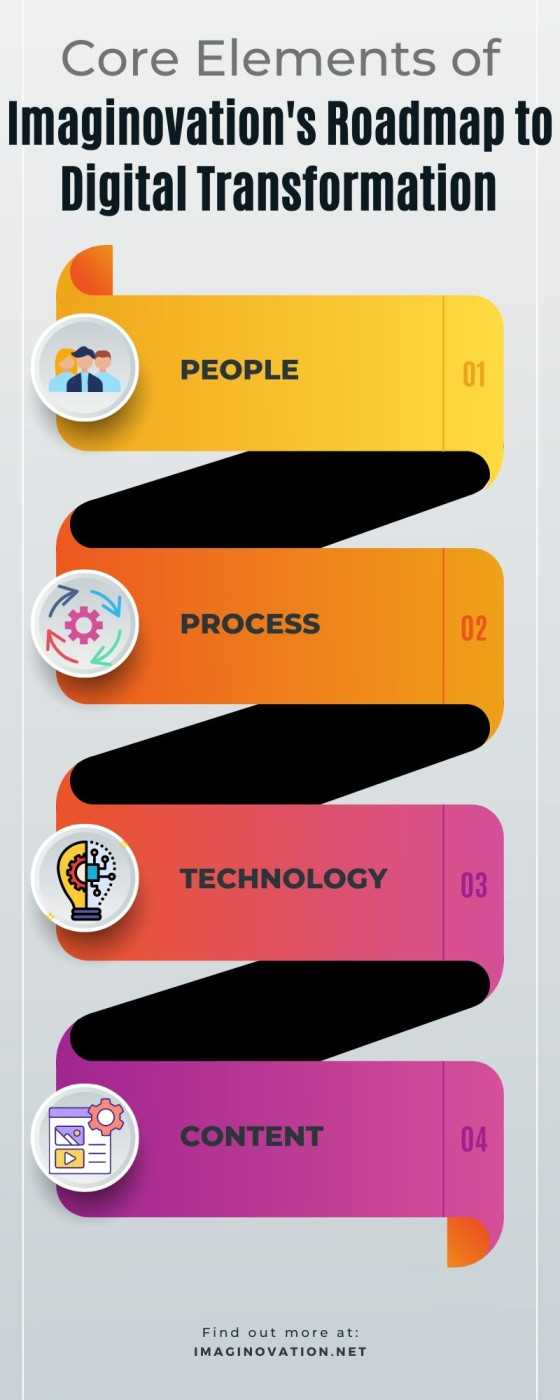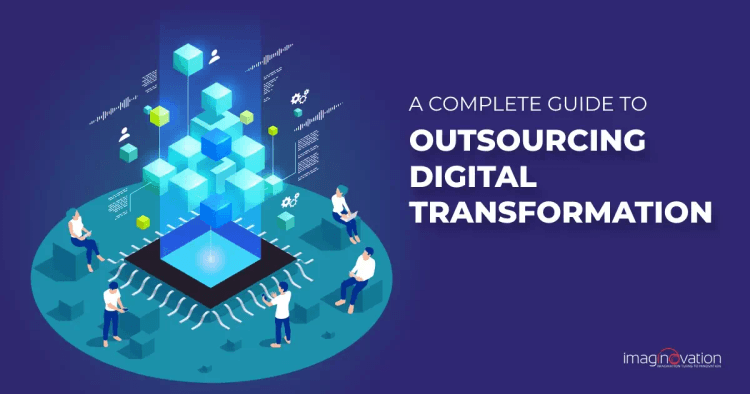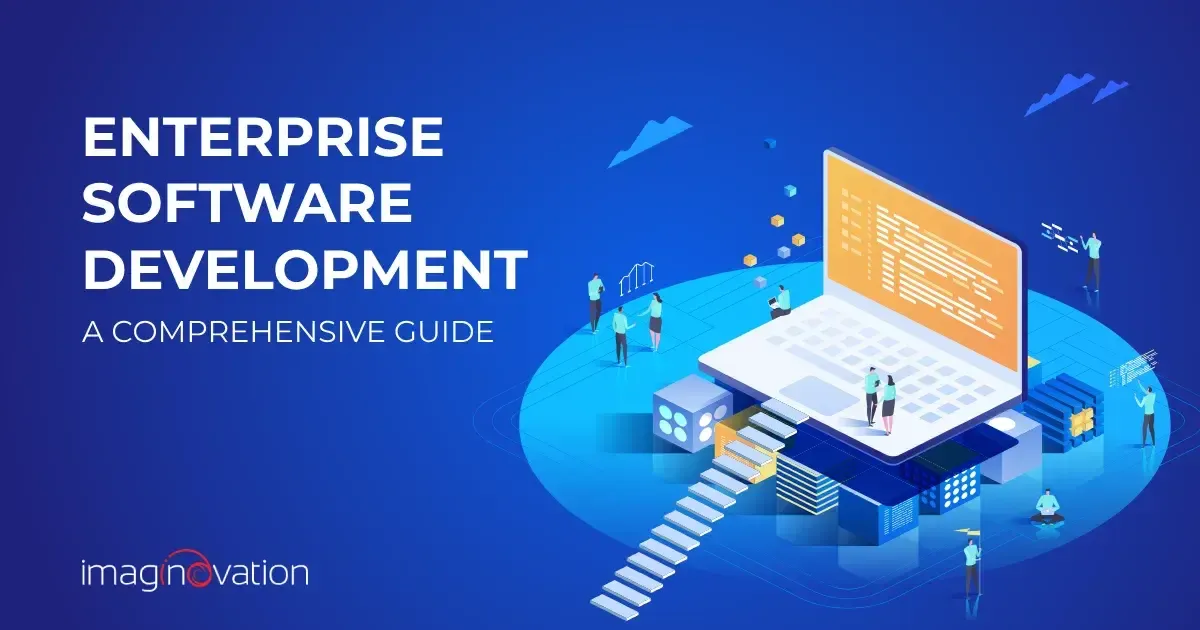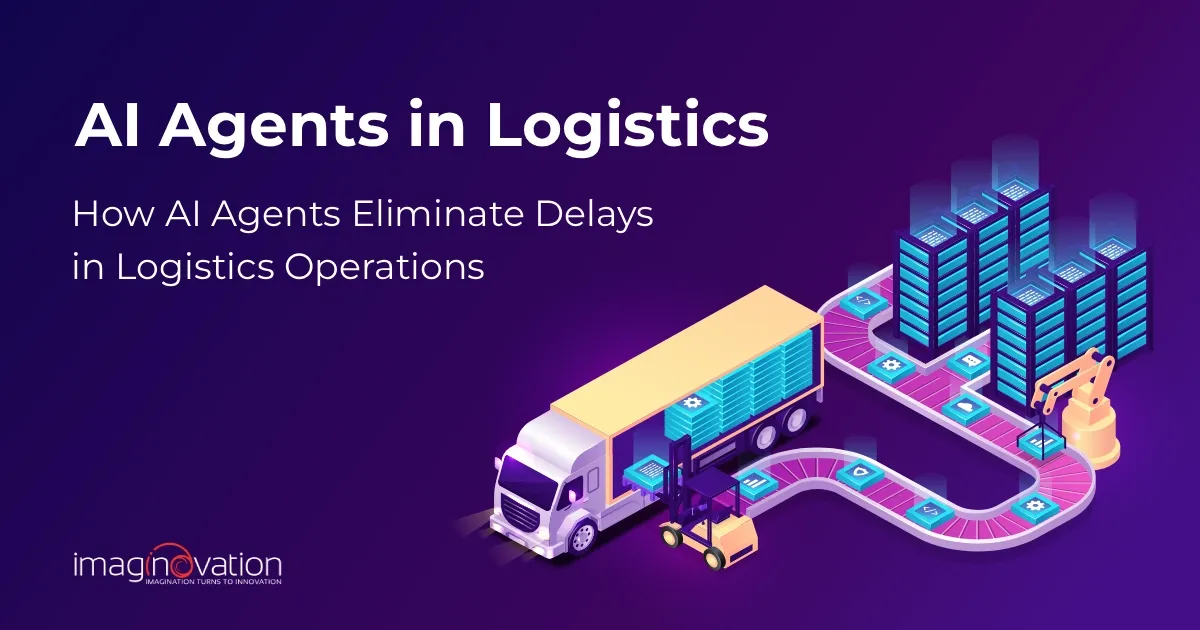To estimate the cost of building a website or an app, use our app cost calculator tool.
If you’re a forward-thinking business, you would understand that the way to stay relevant in today’s continuously disrupting business environment begins with digital transformation.
But going digital isn't as straightforward. It's a lot more than merely sprinkling a few technologies here and there to address specific business problems. Instead, it is about holistically using new technologies to build a system that transforms every aspect of your business, bringing down business costs and maximizing efficiency as part of an overall business strategy.
However, even the best-laid plans for digital transformation projects fail if they aren't implemented correctly.
With limited resources at hand, in-house transformation can be daunting for anyone.
Outsourcing, in this case, seems to be the best option for companies looking for faster and more effective ways of digital transformation.
Here is a guide that explains why outsourcing is beneficial and how you can successfully implement digital transformation projects.
Let’s take a look!
Challenges of Performing Digital Transformation In-House
Of course, you can opt to do an internal digital transformation. But, let me tell you, it can be tricky because it is not your company’s primary expertise.
While in-house digitization lets you enjoy the feeling of complete control over the transformation strategy, with no dependence on any external provider, it can be challenging.
Here are the challenges you may face if you try to implement an in-house digital transformation.
1. C-Suite Pushback

Your C-suite executives must be on board to have a successful digital transformation. Without them by your side, you are sure to run into difficulties.
That’s because these executives hold a fair amount of influence over the company culture and business strategy. And, without any validation and endorsement from them, it’s unlikely your digital transformation efforts will bear fruit.
Executive buy-in for digital transformation gets especially difficult when an in-house transformation attempt is made. It is because -
- Digital transformation (DX) projects are risky - they don't just involve a technology investment; they need a change in business culture, vision, and process. And sometimes, executives aren't ready to lead this change because of fear of failure.
- Executives are not proficient with the technology and assume digital transformation is unimportant.
2. Non-digital Organizational Culture
With an old-school mentality about digitization, your company might be slow in adapting to changes and innovation. As a result, many in your company will look down upon automation in this case.
Digital transformation requires everyone – from leadership to employees to be on the same page. However, a company with a non-digital culture will be hesitant to make changes in their day-to-day lives and will be wary of accepting new things.
Besides, with a non-digital organizational culture, your company might be staring into a transformation failure. Your company might also fail to attract the talent and skills needed to innovate in the future.
3. Difficult to Let Go of Legacy Architecture
Legacy systems with old ERPs, CRMs, operating systems, RDBMS, and network infra can be a stumbling block to efficient business operations.
You may face difficulty in upgrading your legacy platforms. Another challenge would be that they cannot be integrated with new technologies or platforms.
It then becomes difficult to extract data from them, which means their data remains isolated and often incompatible with other data management systems.
Besides, in-house transformation efforts face pushback from people who are comfortable with old systems and are thus reluctant to move to newer platforms.
4. Limited Resources
Large-scale digital transformation efforts require a sufficient workforce. This isn't easy for everyone and can be burdensome for companies already struggling with mission-critical roles.
After all, with limited resources, your team is already busy with existing responsibilities. In this case, it won't be easy to undertake the essential but complex digital transformation process along with existing work.
5. Lack of Relevant IT Skillset
Digital transformation requires holistic changes in all processes, domains, and technologies. This requires relevant expertise in areas essential for digital transformation, like AI/ML, IoT, AR/VR, Big data, Cloud, etc.
Your existing resources may not have the expertise and experience to successfully take your company through the digital transformation journey.
6. High Cost
In-house transformation is usually expensive, especially when you don't have the expertise to make a clear-cut strategy. As a result, you'll find it challenging to stick to a budget.
You may also experience scope creep every time you revisit project scope with evolving stakeholder needs.
This also means you'll make decisions that increase your budget and project timeline.
Now that we know the most significant barriers to performing an in-house digital transformation, let's talk about the key benefits of outsourcing it to a third party.
Key Benefits of Outsourcing Digital Transformation
There is no doubt that digital transformation is easier said than done.
Outsourcing it to a third party helps you do it in the most timely and cost-effective way while eliminating overhead costs.
Here’s why you must contemplate outsourcing digital transformation.
1. Get Access to Sufficient Resources
Outsourcing digital transformation will ensure you have enough resources at your disposal to complete your project's goals.
Moreover, the responsibility for making those resources always available shifts from you to the outsourced provider. It allows you the freedom to run other essential aspects of your business.
You also get to decide whether you need to employ someone with specific skills or temporarily hire someone’s services till the end of the project.
So, outsourcing helps you manage hassle-free resource allocation without compromising on other aspects of your business.
2. Experience and Expertise at Hand

Technology and subject knowledge over a broad spectrum are needed for digital transformation. Many of these skills are cost-prohibitive and only needed for a limited time.
But what if your internal team lacks this type of expertise or experience?
Outsourcing can help you access these capabilities and tap into resources that fill the gaps in expertise. It offers skillsets your company lacks.
You can access specialists in both mature and new technologies via a third-party vendor.
This minimizes the burden on your in-house employees and gives access to a rich pool of talent who have the skills your own team might be lacking.
3. Risk Mitigation
What happens when you attempt to do an in-house digital transformation?
You become entirely responsible for all the risks involved. So naturally, this can make anyone nervous. Right?
This becomes tougher when the project involves technologies/solutions your team isn’t familiar with.
But, when you outsource, a third party shares your risks. Plus, the risk will be lesser if the outsourced team has experience with similar projects.
4. Better Equipment and Security
Many businesses rely on legacy systems that are incompatible with new technologies.
By outsourcing, you can be confident that you won't need to make a sizable initial capital investment and will benefit from top-notch, modern software and equipment.
Additionally, knowledgeable outsourcing companies already safeguard your company from cybercrime using the greatest security procedures.
5. Hands-on Experience in Multi-domains
Outsourcing offers you hands-on experience in domains such as fintech, gaming, telecom, healthcare, insurance, hospitality, manufacturing, etc.
But I am sure you'd agree that digital transformation in two different sectors will not be the same. So, for example, digital transformation in banking can be very different from the one done in the education sector.
Also, adopting digital tech in a particular sector calls for specific expertise.
Therefore, a vendor with past experience and knowledge in your industry is sure to add value to your project.
6. Cost and Time Efficiency
You can eliminate the need to purchase costly licenses, and software/hardware, and pay for rentals and other office facilities when you outsource.
Your outsourcing partner will handle all these work aspects for you while you can focus on other internal business processes.
Your project will be delivered on time with minimal delays.
7. Form New Business Connections and Opportunities
Outsourcing will give you access to a foreign market with a wider reach (sometimes global), useful contacts, a richer talent pool, innovative technologies, potential revenues, and growth avenues.
Also Read: How the Right Digital Transformation Partner Fuels Business Growth
Imaginovation's Digital Transformation Roadmap
Digital Transformation is a long journey. To make sure your project succeeds, Imaginovation brings a ready-made roadmap for you. You can use this roadmap to analyze the requirements of your project and then move forward without any worries.
Imaginovation's roadmap to digital transformation is an approach that allows you to design and manage your transformation initiative most efficiently while also reducing the risk that usually comes with it.
We start with an analysis of the current digital strategy of the company and then move towards defining your company’s future goals.
Our roadmap offers you an organized way to move through several procedures flawlessly. It is based on four core elements:

1. People
This component focuses on raising awareness inside your organization that excellent customer experience begins with a truly customer-centric mindset and company culture.
You will have to rethink the roles of all stakeholders in achieving a customer-centric vision. You will also need to involve everyone in your company to improve business processes with cross-functional collaboration.
2. Process
This element focuses on maximizing your company's business efficiency and ensuring the scalability of the new business model.
We begin by conducting a start-to-end customer lifecycle analysis and building a customer journey map.
Here, we focus on understanding how buyers engage with your brand during every step in the customer experience lifecycle. It will allow you to design contextualized digital marketing campaigns targeted at your buyers.
3. Technology
Information is the key, and this element focuses on developing robust and integrated information infrastructure. This infra will soon become the foundation for integrating all sorts of data produced by various departments.
Undoubtedly, the tech strategy of a company should be focused on hardware, software, and information science.
Moreover, it should enable predictive data analytics that is growth-driven.
The creation of a tech strategy requires all the business stakeholders to come on the same page with your IT specialists.
4. Content
This is the final element of our digital transformation roadmap. It centers on managing your company’s customer-facing content.
We'll ensure that all necessary information is easy to find, personalized, and matches the context.
We scrutinize all your digital assets closely to check whether your product information is organized contextually. In addition, we will check if it reflects the different preferences of your buyer personas.
For example, the inclusion of features such as site search that can be optimized to fetch the content your customers need.
Associate With Imaginovation for Successful Digital Transformation
New and innovative technologies are coming up so fast that the internal IT teams of most organizations aren't able to match the pace. As a result, in-house teams lack the much-needed tech skills and business expertise to identify the best solutions for their organization.
Inexperienced workers, team pushback, legacy data-gathering processes, vaguely defined business goals, and limited resources are a few reasons why companies stumble on their way to digital transformation.
The abovementioned issues might seem overwhelming, but they cannot become the end of the road for your project.
For companies serious about transforming their business with innovative tech solutions, access to expert resources and fresh ways of thinking through outsourcing is essential.
Contact us for this. At Imaginovation, we support you throughout your digital transformation journey. We will help you recognize and work around the potential transformation bottlenecks.
Imaginovation is an award-winning web and mobile app development company with vast experience crafting remarkable digital success stories for diverse companies.
Let's talk.











